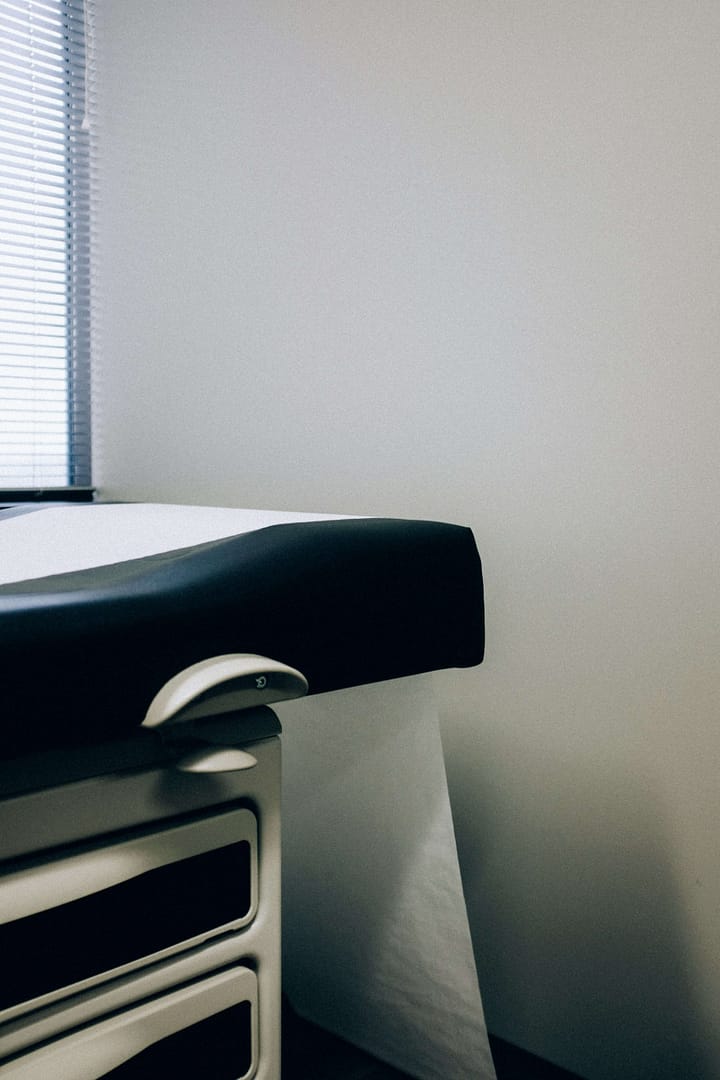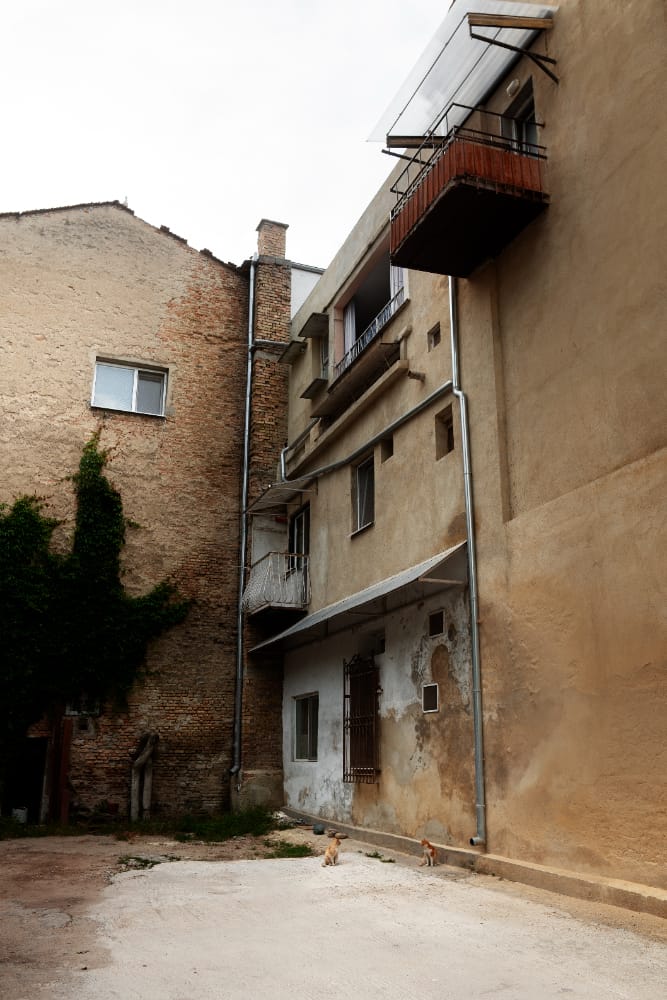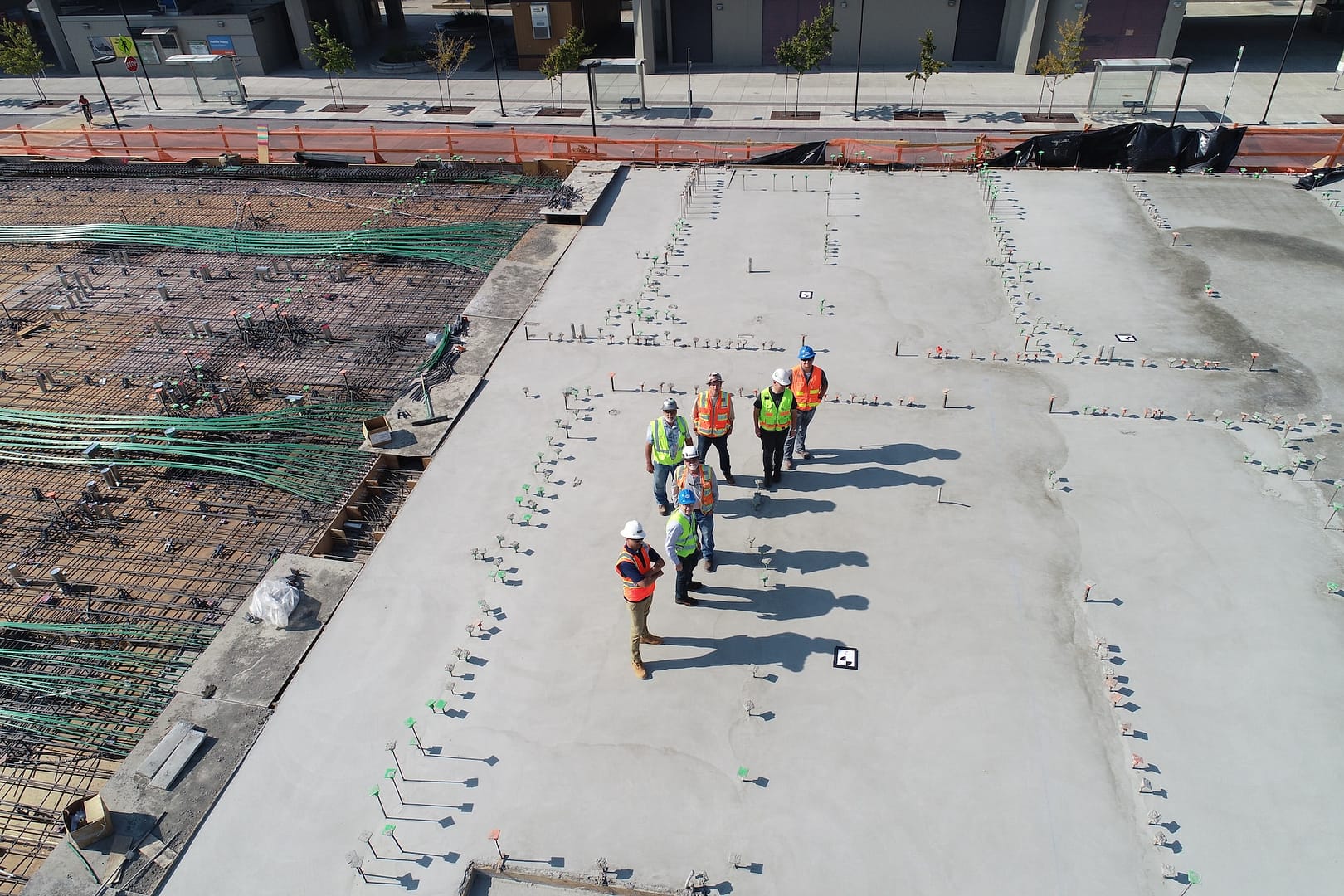Early signs of spastic cerebral palsy (CP) are often subtle and can vary significantly from child to child. However, being aware of potential indicators can empower UK parents to seek early diagnosis and intervention, which are crucial for improving long-term outcomes for children with this condition. We will also highlight how you can start a medical negligence claim.
Understanding Spastic Cerebral Palsy
Spastic CP is the most common type of cerebral palsy, affecting muscle tone and movement. It is caused by damage to the motor cortex of the brain, the area responsible for controlling voluntary movement. This damage can occur before, during, or shortly after birth due to various factors such as infection, oxygen deprivation, or brain injury.
The severity of spastic CP can range from mild to severe, and symptoms may affect different parts of the body. Some children may experience stiffness and tightness in their muscles, while others may have difficulty with coordination and balance. Early identification and intervention are essential to help children with spastic CP reach their full potential.
Early Signs and Symptoms
The early signs of spastic CP may not be immediately apparent, as many babies develop at different rates. However, certain red flags may warrant further investigation. Parents should be particularly vigilant during the first few months of their child’s life, as this is when many early signs may emerge.
Developmental Delays
One of the most common early signs of spastic CP is a delay in reaching developmental milestones. For example, a baby with spastic CP may have difficulty rolling over, sitting up, crawling, or walking at the expected ages. They may also have trouble with fine motor skills, such as grasping objects or feeding themselves.
Abnormal Muscle Tone
Babies with spastic CP may exhibit abnormal muscle tone, which can manifest as stiffness, tightness, or floppiness. Stiff muscles may make it difficult for a baby to move their limbs freely, while floppy muscles may cause them to appear overly relaxed.
Unusual Posture or Movements
Spastic CP can affect a child’s posture and movements. Some babies may have difficulty controlling their head or keeping it upright. They may also exhibit unusual movements, such as clenching their fists, scissoring their legs, or arching their back.
Feeding Difficulties
Babies with spastic CP may experience difficulty with feeding due to problems with sucking, swallowing, or coordinating their mouth and tongue movements. They may also have trouble latching onto a breast or bottle.
Additional Signs
In addition to the above, other early signs of spastic CP may include:
- Excessive irritability or crying
- Delayed speech development
- Difficulty sleeping
- Unusual reflexes
- Asymmetrical movements (using one side of the body more than the other)
It is important to note that these signs do not necessarily indicate spastic CP, as they can also be associated with other conditions. However, if you notice any of these signs in your child, it is crucial to consult with your doctor or a healthcare professional.
The Importance of Early Diagnosis
Early diagnosis of spastic CP is crucial for several reasons:
- Early Intervention: Early intervention services, such as physiotherapy, occupational therapy, and speech therapy, can significantly improve a child’s development and quality of life. These therapies can help children develop motor skills, improve muscle tone, and learn to communicate effectively.
- Prevention of Complications: Early intervention can also help prevent or minimise the development of secondary complications associated with spastic CP, such as contractures (permanent shortening of muscles), deformities, and pain.
- Support for Families: An early diagnosis allows families to access support and resources that can help them cope with the challenges of raising a child with spastic CP. This can include emotional support, financial assistance, and information about available services.
Making a Medical Negligence Claim with National Claims
At National Claims, we understand the devastating impact that medical negligence can have on your life and the lives of your loved ones. If you believe you or a family member has suffered harm due to substandard medical care, such as misdiagnosis, surgical errors, medication errors, or delayed treatment, we are here to help you seek the justice and compensation you deserve.
Free Consultation
We recognise that every medical negligence case is unique, and we’re here to offer you a free, no-obligation consultation to discuss your specific situation. During this consultation, we’ll listen attentively to your experience, and assess the potential strength of your claim. Our team will then connect you with a qualified solicitor from our panel who specialises in medical negligence claims, ensuring that you receive the expert legal representation needed to pursue your case effectively.
*Customers pay up to 25% (incl. VAT) of the amount recovered towards solicitor costs and if you cancel outside your cooling off period, you may be charged a fee.
Contact us today to speak to one of our claims agents who will be able to help you get started on your claim.
Click below to see why we are one of the most trusted claims management companies in the UK.

We’re proud of our excellent customer reviews
We thrive on delivering exceptional service and ensuring our clients’ satisfaction. Don’t just take our word for it. Check out some of our independent reviews to see what our clients have to say.
Excellent

This firm is excellent, they sorted out my car pay out and injury claim very fast, they always communicate with you all the time.

My accident case was dealt with confidence and with great result of the outcome, especially James kept me informed all the time.

I was very impressed at the way my inquiry was treated. I was listened to attentively and everything I needed to know was explained to me.






